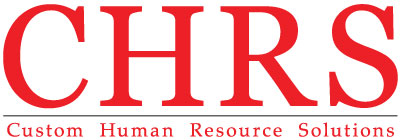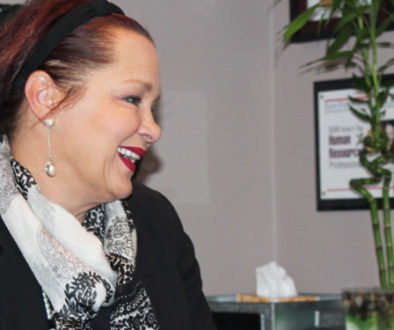JCPenney’s Dress Code Did Not Sit Well with One Millennial
How You Can Protect Your Company From Accusations And Legal Repercussions
 “Everyone loves Millennials!” said no one ever (except Millennials). With those born in the early 1980’s to the early 2000’s now heading into their twenties and thirties, it is changing the landscape of America’s workforce. Baby boomers are retiring and going with them are outdated polices and procedures. The Millennials are bringing with them strong and modern statements on how business should be done.
“Everyone loves Millennials!” said no one ever (except Millennials). With those born in the early 1980’s to the early 2000’s now heading into their twenties and thirties, it is changing the landscape of America’s workforce. Baby boomers are retiring and going with them are outdated polices and procedures. The Millennials are bringing with them strong and modern statements on how business should be done.
Sylva Stoel, a 17 year-old JCPenney employee, was sent home from work for wearing shorts that she said her boss considered “too revealing.” She was asked to return with attire that fit the dress code policy as shorts of any kind were not allowed. Stoel tweeted an image wearing the inappropriate shorts, which she claims were purchased in the JCPenney Career Section. Stoel also tweeted about JCPenney’s dress code exclaiming “Hey @jcpenney wanna know how to appeal to ur millennial customers ur losing? Bring ur dress code to the 21st century.”
Whether Stoel’s outfit was too revealing or not is besides the point. Companies in this “sue-happy” country have to guard themselves against accusations that may open them up to legal repercussions. Having a strong qualified Human Resources team to ensure your employees are trained and knowledgeable of policies is key. It is paramount to evaluate the overall culture of the organization and ensure risk is minimized so these types of claims don’t happen in the first place.
JCPenney released a statement regarding the dress code violation. “JCPenney’s dress code policy for store associates prohibits the wearing of shorts of any length. This policy applies to both male and female associates.” Stoel’s response, “Unfair dress codes affect millions of women and it’s time to speak out against them.”
In a world of corporate businesses trying to maintain conservative and risk mitigating policies, including JCPenney’s dress code, how can they continue to fight discrimination, harassment, and wrongful termination claims when employees, such as Stoel, argue that a reasonably conservative dress code policy is somehow unfair to millions of women? This is the question new business leaders are going to have to ask themselves. Some will take the risk and have more lenient employee-friendly policies while others won’t.
With Millennials beginning to lead the business world, and being known for consistently questioning authority, organizations are bound to have controversial issues that make mainstream media and must respond accordingly. If JCPenney’s does indeed have that dress code policy in place and Stoel had been trained accordingly, then they are within their rights to send her home to return donning the correct dress code.
Evaluating your company’s handbook and updating it regularly not only ensures compliance with new state, federal and local laws, but is key in showing your employees that you have a mindset of continuous improvement. Custom Human Resource Solutions evaluates your company’s Human Resources needs and designs customized systems that work you’re your organization. Are your company’s handbook, policies and procedures outdated? Is your company’s culture ready for Millennials?
See the article in Huffington Post
See the article in Today
See Stoel’s Twitter
Author Kelsey Geist
September 7, 2015


